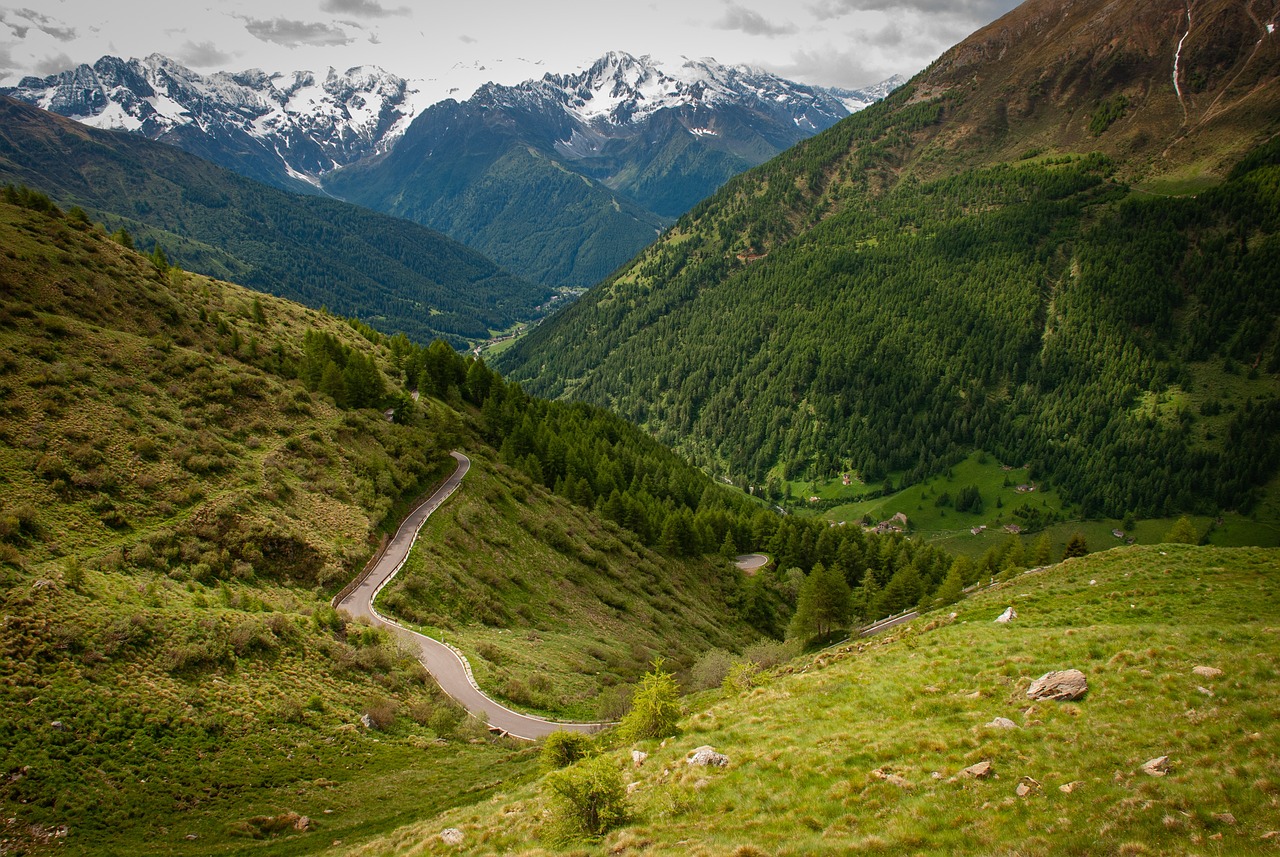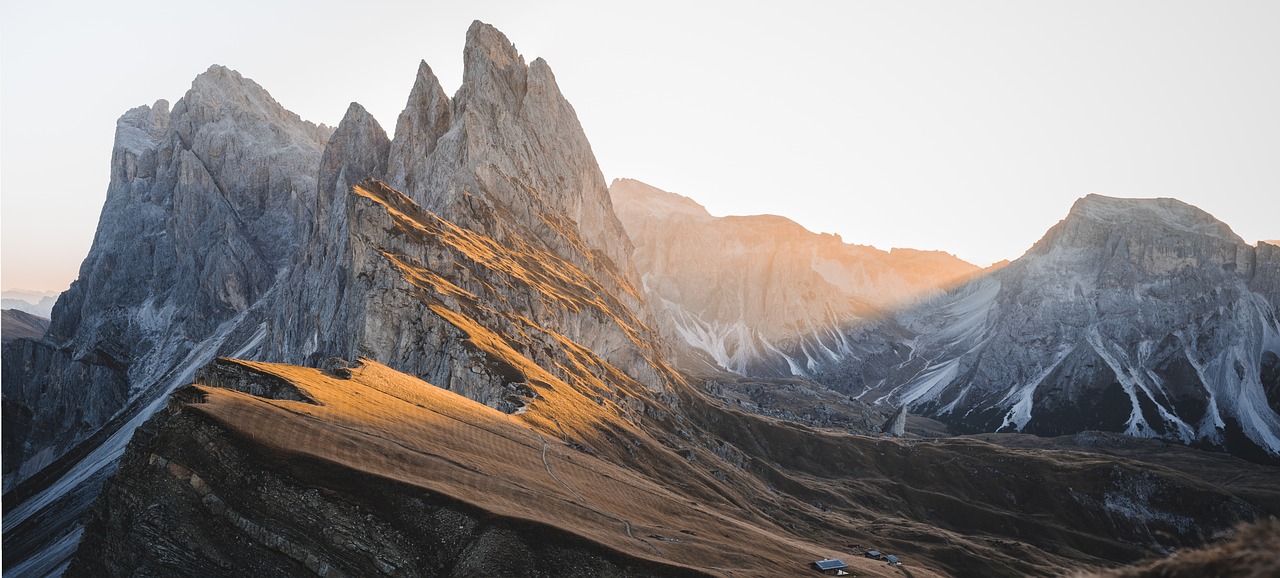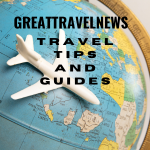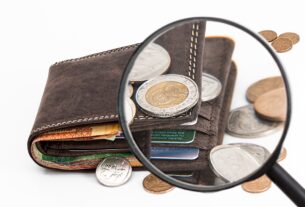Have you ever dreamed about traveling the world but found the financial aspect too daunting to tackle? If so, you’re in good company. Planning a trip involves many facets, but the most pivotal is developing a travel budget. Whether you’re embarking on a weekend getaway or a month-long adventure, creating a comprehensive travel budget ensures you can fully experience your vacation without the stress of monetary constraints.
🌴 Get Your FREE Bahamas Checklist!
Perfect for planning your island escape 🌊
We respect your privacy. Unsubscribe anytime.
Powered by greattravelnews.com
What is a Travel Budget?
A travel budget is a financial plan that outlines your expected expenses for a trip. By allocating funds for specific expenditures, you can monitor your spending habits and avoid unplanned expenses. Crafting a travel budget not only helps you save before your trip but also keeps your expenses in check during your journey.
Benefits of Creating a Travel Budget
Creating a travel budget offers several advantages beyond mere financial control. Here’s why you should make it a priority:
- Avoid Financial Stress: Knowing where your money goes helps reduce anxiety related to overspending.
- Maximize Your Experience: By planning your finances, you can allocate more funds to activities and experiences.
- Identify Savings Opportunities: Pinpoint unnecessary expenses beforehand, allowing you to cut costs and save money.
- Stay Organized: A budget serves as an organizational tool, making your trip more smooth and enjoyable.
Step-by-Step Guide to Creating Your Travel Budget
1. Determine Your Destination and Duration
Understanding where you’re going and how long you intend to stay is foundational to budget planning. Costs vary dramatically depending on the destination and the duration of your stay. For example, a week-long trip to Paris will have a different budget than a weekend in a nearby city.
Factors to Consider:
- Accommodation Costs: Research the average cost of hotels, hostels, or Airbnb options in your destination.
- Local Cost of Living: Different countries and cities have varied costs for food, transportation, and entertainment.
- Length of Stay: Calculate the daily expenses and multiply it by the number of days you plan to be there.
2. Plan Your Itinerary
Planning your activities in advance helps estimate the costs accurately. Whether you’re interested in museum tours, hiking, or dining out, knowing your agenda can guide your financial planning.
Breakdown of Itinerary Costs:
| Activity | Estimated Cost $ | Notes |
|---|---|---|
| Flights | 800 | Round trip, economy class |
| Accommodation | 700 | Hotel for 7 nights |
| Dining (per day) | 50 | Breakfast, lunch, dinner |
| Local Transportation | 100 | Public transport, taxis |
| Sightseeing and tours | 200 | Entry fees, guided tours |
| Shopping and souvenirs | 150 | |
| Miscellaneous | 100 | Emergency fund |
3. Calculate Major Expenses
Flights and Transportation
Airfare is often the most significant expense. Take time to compare prices and seek discounts to get the best deals. Websites like Skyscanner, Expedia, or travel agencies can provide quick comparisons.
Transportation Checklist:
- Flights: Cost depends on the timing of purchase, season, and airline.
- Local Transportation: Include costs like public transport passes, taxi fares, and car rentals.
- Inter-city Travel: If you’re visiting multiple cities, factor in the expenses for trains or buses.
Accommodation
Accommodation costs can vary significantly. Hostels and Airbnb often offer budget-friendly options, whereas hotels may provide more comfort and amenities.
Types of Accommodation:
- Hostels: Budget-friendly, especially for solo travelers.
- Hotels: Range from budget to luxury; can get deals via membership programs.
- Vacation Rentals: Airbnb or VRBO, often more affordable for groups or longer stays.
Daily Expenses
Daily expenses include food, local transport, and minor attractions. These can often be where miscellaneous spending piles up.
Components of Daily Spending:
- Food and Dining: Budget options include local eateries or street food. Mid-range options such as casual dining restaurants, and higher-end choices like fine dining.
- Local Transport: Typically includes buses, subways, and taxis. Most cities offer travel cards for tourists.
- Activities: Museums, galleries, and parks often have entrance fees.
4. Set Aside Money for Emergencies
It’s always wise to have an emergency fund. This ensures you can handle unexpected expenses, whether it’s a medical emergency, a missed flight, or lost luggage.
Emergency Fund Tips:
- Allocate around 10% of your total budget for emergencies.
- Keep this fund accessible, possibly in a separate emergency savings account.
5. Adjust Based on Real-Time Expenses
You might find that certain expenses are higher or lower than anticipated. Use a budget tracking app such as Mint, YNAB, or a simple spreadsheet to monitor your spending as you go.
Adjusting Your Budget:
- Track Expenses Daily: Note what you spend to identify areas where you can save.
- Flexible Spending: Be ready to redistribute funds from one category to another if needed.
- Post-Trip Review: Evaluate what worked and what didn’t. Keep these insights for future budgeting.
Practical Tips for Sticking to Your Travel Budget
1. Opt for Budget-Friendly Activities
Not every memorable experience requires a large sum of money. Look for free or low-cost activities like walking tours, public parks, or local festivals.
2. Eat Like a Local
Sampling local food can be delightful and economical. Street food and family-owned restaurants often offer authentic flavors at a fraction of the cost of touristy eateries.
3. Take Advantage of Discounts and Deals
Many tourist attractions provide discounts for early bookings, group tickets, or off-peak visits. Websites like Groupon or TripAdvisor can be invaluable for finding deals.
4. Use Public Transport
Public transportation is usually more affordable than taxis or rideshares. Plus, it offers you an authentic feel of the daily life in your destination.
5. Avoid Peak Travel Times
Traveling during off-peak times can save you a ton on flights and accommodations. Research the peak seasons for your destination and plan accordingly.

Sample Travel Budgets
Budget Travel (One Week in Southeast Asia)
| Category | Estimated Expense $ |
|---|---|
| Flights | 600 |
| Accommodation | 200 |
| Food | 150 |
| Local Transport | 50 |
| Activities and Entrance | 100 |
| Shopping and Souvenirs | 100 |
| Emergency Fund | 50 |
| Total | 1,250 |
Mid-Range Travel (Two Weeks in Europe)
| Category | Estimated Expense $ |
|---|---|
| Flights | 1,200 |
| Accommodation | 1,000 |
| Food | 600 |
| Local Transport | 200 |
| Activities and Entrance | 400 |
| Shopping and Souvenirs | 200 |
| Emergency Fund | 200 |
| Total | 3,800 |
Luxury Travel (One Week in the Caribbean)
| Category | Estimated Expense $ |
|---|---|
| Flights | 1,200 |
| Accommodation | 2,000 |
| Food | 800 |
| Local Transport | 300 |
| Activities and Entrance | 500 |
| Shopping and Souvenirs | 400 |
| Emergency Fund | 300 |
| Total | 5,500 |
Frequently Asked Questions
How Far in Advance Should I Start Planning My Travel Budget?
The earlier, the better. Ideally, start planning at least 6 months in advance to hunt for the best deals on flights and accommodations.
Should I Include Travel Insurance in My Budget?
Absolutely, travel insurance is crucial for covering unforeseen circumstances like medical emergencies or trip cancellations. Include this in your budget as an essential expense.
Is It Necessary to Budget for Souvenirs?
While not absolutely necessary, setting aside some funds for souvenirs can be a thoughtful way to bring back memories of your trip.
How Can I Budget for a Group Trip?
For group trips, it’s vital to discuss and agree on the budget collectively. Create a shared document where everyone can input their estimated expenses and contributions.

Conclusion
Creating a travel budget may seem tedious, but it brings considerable benefits, ensuring a more relaxed and enjoyable trip. By meticulously planning your expenditures, you are free to immerse yourself in the experience without financial worries. So, take charge, start planning, and get ready for your next adventure.




